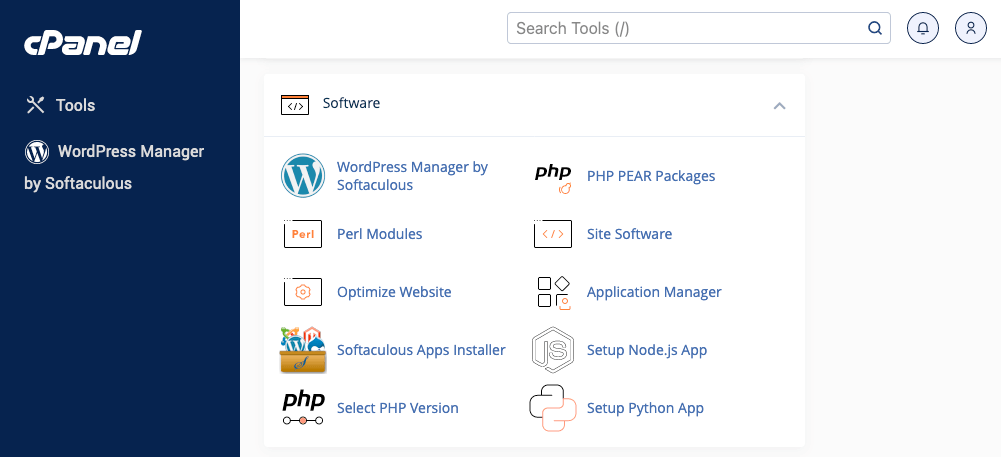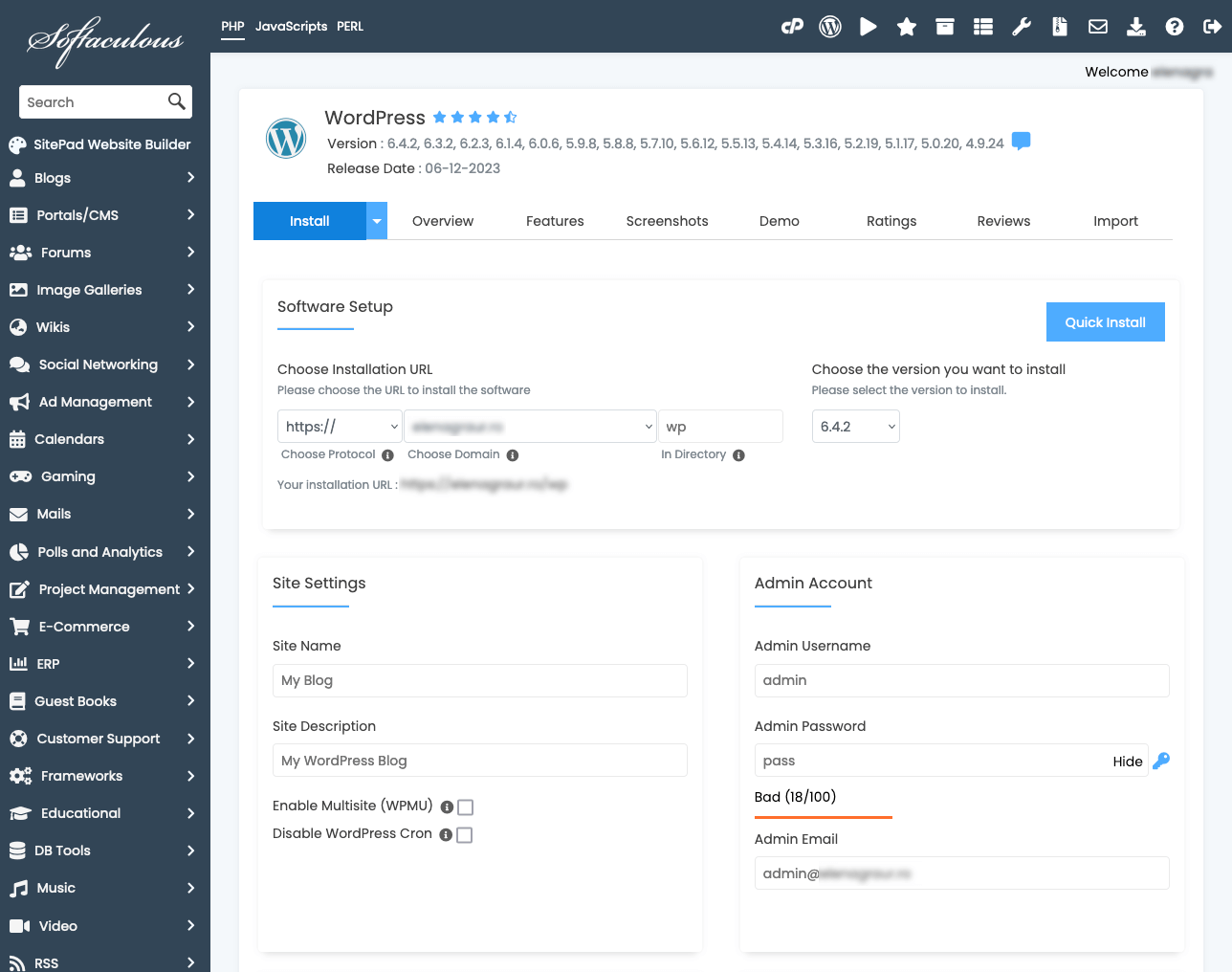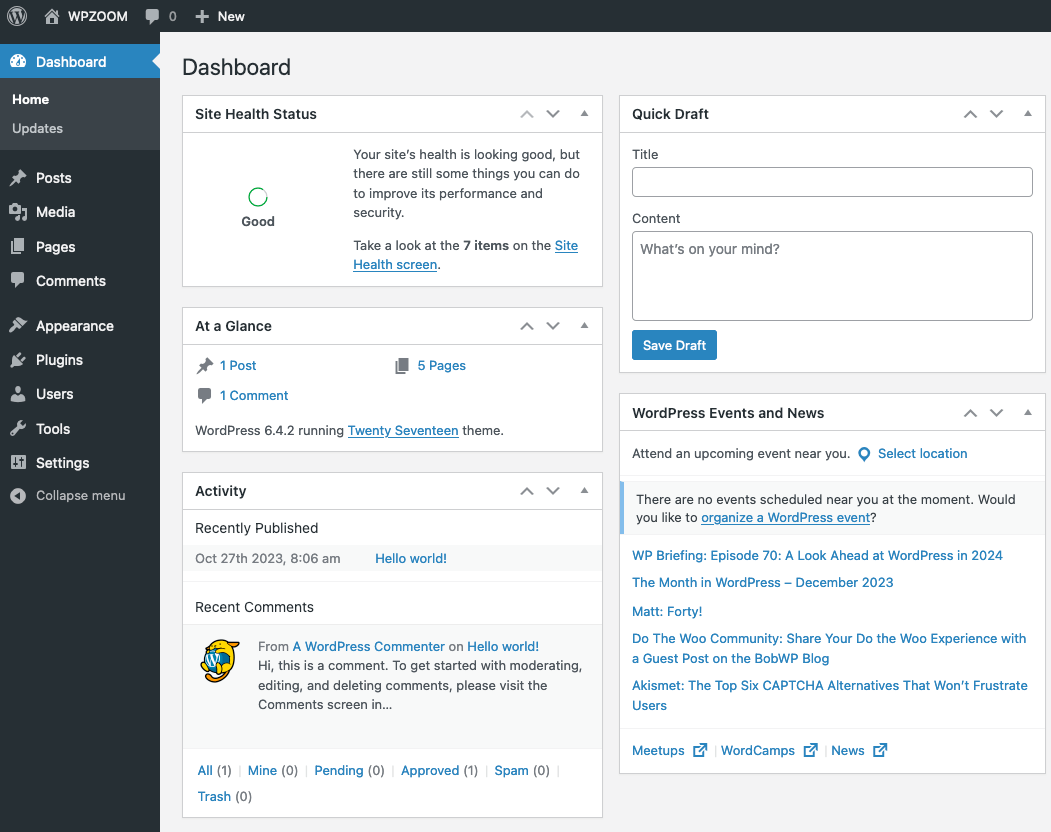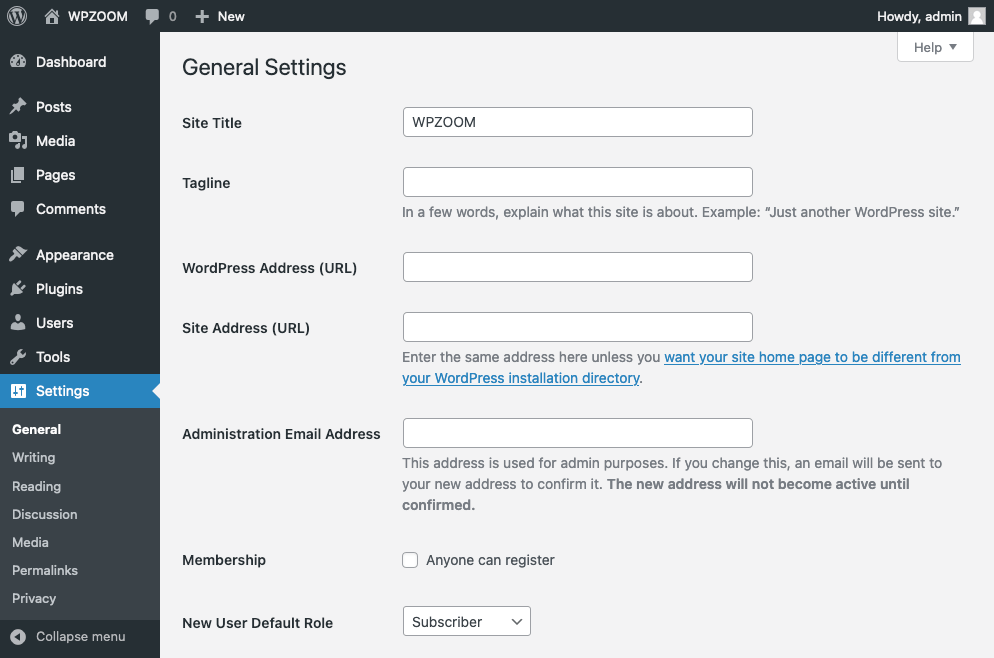Learning how to start a health blog is easier today than ever. Finding your niche and establishing your blog as a trustworthy source of information is another story, though. Learning all the gimmicks, the tips and tricks, and being a successful health blogger.
A healthy lifestyle blog is not something unheard of. There are dozens of resources for those interested in learning how to live healthy lives. If you want to be one of the voices making a difference in the health blogosphere, there is quite a lot for you to do before you can expect any concrete results.
A good strategy and a clear step-by-step plan is the best way to achieve that. Here’s our take on how to get started.
Quick Guide to Starting a Health Blog
Here’s a quick summary of the critical steps involved in creating a health blog:
Now, explore each aspect in more detail to ensure you’re well-equipped to make your health blog successful.
10 Steps to Start a Health Blog: A Detailed Guide
The steps to create a health blog are relatively straightforward. Still, some parts are slightly unintuitive, and this guide will make the whole process much more manageable.
1. Identify Your Health Blog Niche
Since all things health-related have been quite a popular topic in the past years, finding the proper niche for your health blog might be the biggest challenge you must face. That’s because of several reasons.
Writing about health or promoting a healthy lifestyle can be a huge responsibility, mainly because people tend to believe anything as long as they see it on a website. Therefore, many websites generated a lot of traffic by promoting information that was not necessarily based on any studies, which led to a lot of misinformation in the end.
For those hoping to generate blog traffic from search engines, the battle will be fierce, considering some of the competitors in the health and wellness space are huge entities. You will need to keep in mind that to have any kind of authority as a health blogger, you will need your authors to be vetted.
So, keeping all of this in mind, here are some health blog niche ideas you can try:
- Mental health blogs
- Nutrition and diet blogs
- Supplements
- Alternative medicine
- Immunity boosting
General health blogging is not exactly a good start for a beginner nowadays. Considering that sites like WebMD, MayoClinic, and other mammoths are almost impossible to beat.
2. Choose a Name and Secure Your Domain
When you are certain of the niche you want to focus on, it’s time to start thinking of a name for your health blog.
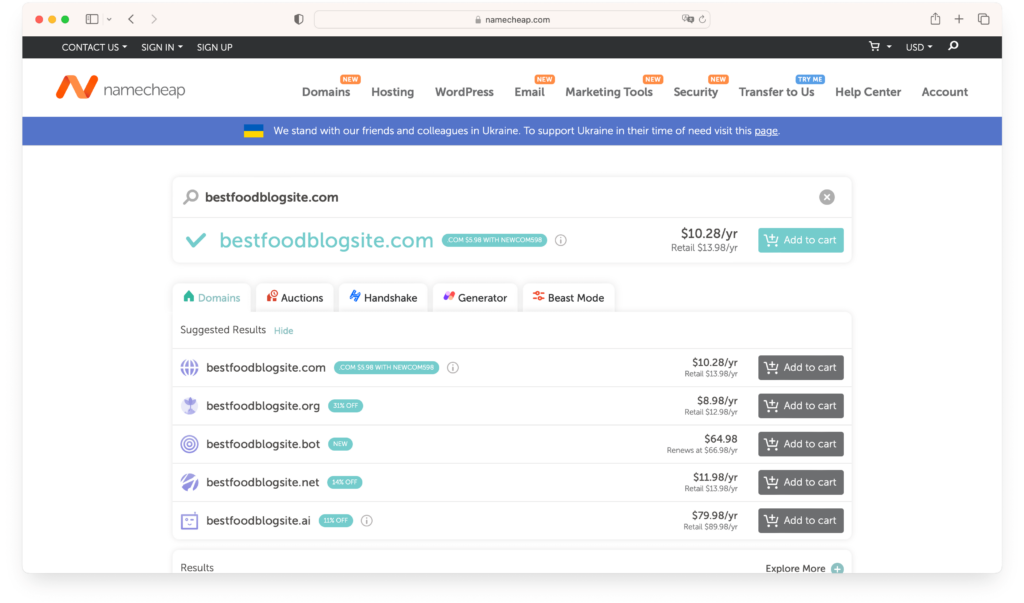
Your health blog’s name should be:
- Short
- Relevant
- Catchy
- Easy to remember
These are the four most important criteria you need to consider when choosing your blog’s name. You also need to remember that you will need a domain name. For a boost of creativity, this should be identical to the actual blog name.
3. Select a Hosting Provider
To have your website online and reachable to your audience, you will need to have it hosted on a server. How you choose the right hosting provider for your health and wellness blog is going to be a somewhat difficult thing to master.
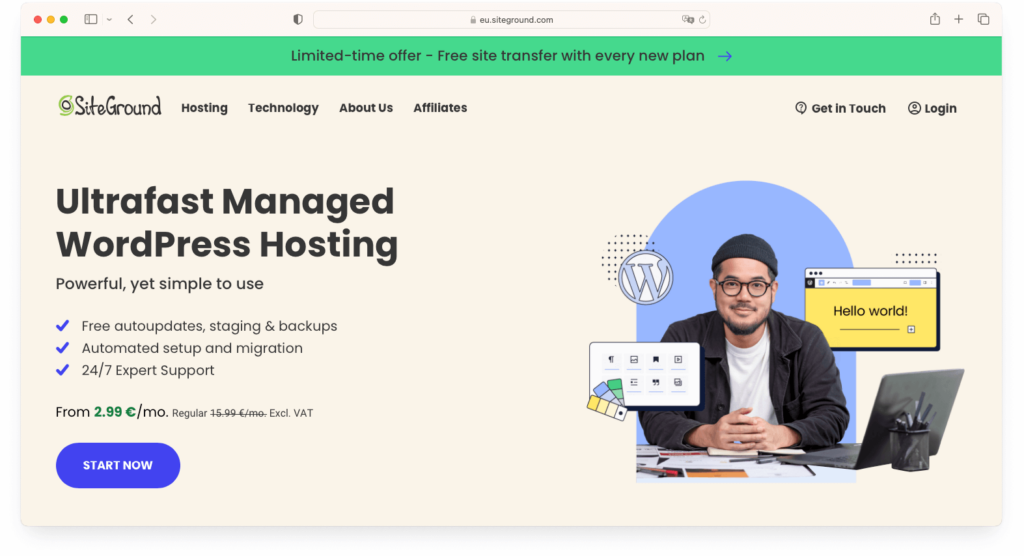
To make things slightly easier for you, we compiled a list of the best hosting providers we recommend for health blogging. The thing about the hosting providers is that the variety of offers and services is quite overwhelming. You need to find a balance between the quality and level of reliability of the hosting provider and the costs associated with it.
If you are looking for the cheapest hosting providers, you should know that there are plenty of choices. Choosing a cheap solution doesn’t necessarily mean compromising quality.
4. Install WordPress
While there are several other choices, WordPress is the best blogging platform to get your health blog up and running. Why is WordPress still the best CMS for wellness blogging? There are several reasons to consider, but the most important ones are the ease of use, how customizable it is, and the vast multitude of plugins you can use.
Here is how you can install WordPress and get your blog started.
- Log into Your Hosting Control Panel. The most commonly used one is cPanel, but it will depend mainly on the hosting provider you choose. Logging into this control panel is easy and can be done directly through your hosting provider’s platform.
- Locate the WordPress Installer and Start the Installation Process. This is usually a very easy-to-use one-click installer. It is generally accessible within the Softaculous tab, but if you can’t find it directly, you can always search it using the dedicated search bar.


- Enter Your Site Information. Once you access the installer, you will be asked to provide a series of details about your website. This information will be used as a starting point for your site and to log in to your administrator dashboard.


- Access Your WordPress Dashboard. Once this process is done, you will log in to your WordPress dashboard with the login information you entered in the previous step. Now, you can start editing your website.


5. Select a WordPress Theme
The WordPress theme you use will greatly impact how your blog looks and operates. Learning how to choose the right theme for your health blog will play a huge role in its success.
WordPress themes are extremely varied in terms of graphic design, functionality, cost, and adaptability. There are thousands of themes out there to choose from, and making the right choice can have a positive impact on how your visitors interact with your site.
While installing a WordPress theme is extremely easy, choosing the right one will need more involvement from your side. Since they are our specialty to a certain extent, allow me to make some suggestions.
Here are some of the best themes you should choose for your health blog:
These are all great choices, but one theme stands out as the top choice for this kind of website. The Indigo theme is by far the best choice for your health blog, mainly because it was designed as a magazine-type theme.
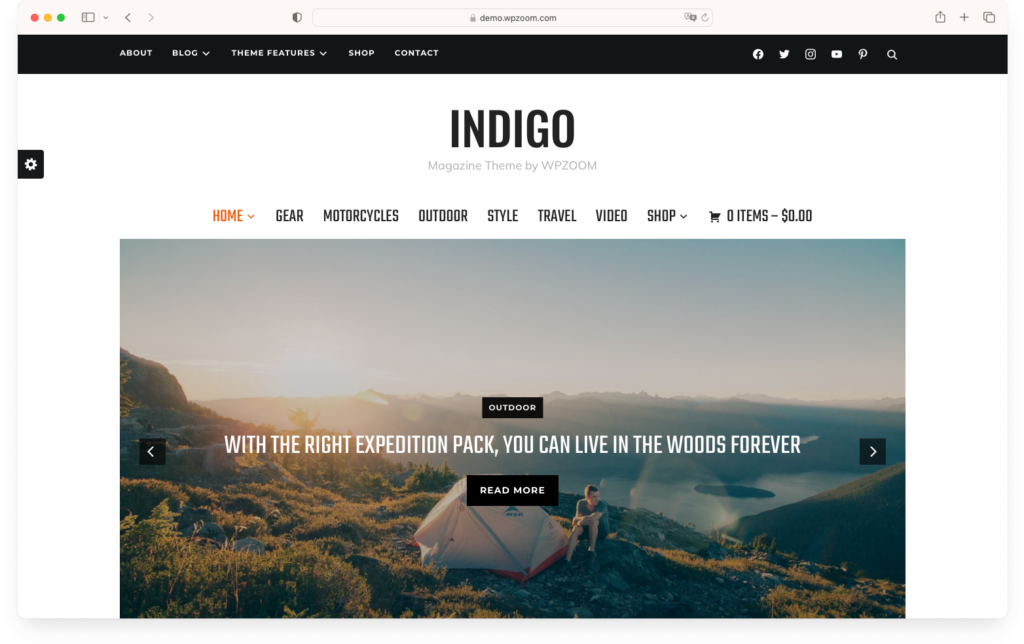
Blogs on health can have different ways of presenting information. Whether you decide that visuals are the most essential part of your blog or focus more on written content, the Indigo theme can be easily adapted to meet your preferences.
It is highly customizable in terms of color schemes, functionality, and display layout, and it can be made to look exactly as you want it to.
6. Customize Blog Settings
It is time to start creating your site and customizing it to your liking. Making a blog look and feel like your own will be long-lasting and a lot more complicated than this, but these are the first steps you will need to focus on.
These mandatory steps represent the most crucial foundation for future customization steps.
- Personalize Your Site Title and Tagline from General Settings. Your title and tagline should be short and relevant to your health blog’s niche. Ideally, they should also be catchy, as they will be immediately visible to all your visitors from the very beginning. And as we all know, first impressions matter.


- Design an Intuitive Navigation Menu from Appearance > Menus. The easier it is for your visitors to access the relevant content they are interested in, the more likely they are to spend more time on your blog and to return in the future when they need new information. Your readers will appreciate a well-designed navigation menu that allows them to easily and quickly find the information that matters to them, and you will see their appreciation as better retention rates.
- Select Your Homepage Layout from Settings > Reading. Your homepage is likely going to be the most visited page on your healthy lifestyle blog. Not only that, but it will usually be the first thing your visitors see before they decide whether they need any more info from your site. That means that optimizing the layout of the homepage will have a huge effect on how your visitors will interact with your content and how engaged they will be.
- Manage Comments Effectively from Settings > Discussion. Keeping your audience close is an essential part of building a healthy community. You should find a fine balance between what they can do or react to and how much spam you allow on your site. Finding this balance will not be easy, but it will pay off in the end when you realize how important and strong your community is.
- Optimize Your URL Structure from Settings > Permalinks. Having a tidy URL structure will make your website look like a trustworthy source of information to your visitors. There are better ways to promote your content than spammy links. Moreover, search engines are sensitive to how your URLs are structured and will boost your rankings if your URL structure is neat and healthy.
7. Install Essential Plugins
WordPress plugins are like building blocks for your site. They are separate mechanisms that integrate with your theme to improve the look or operation of your site or add functionality.
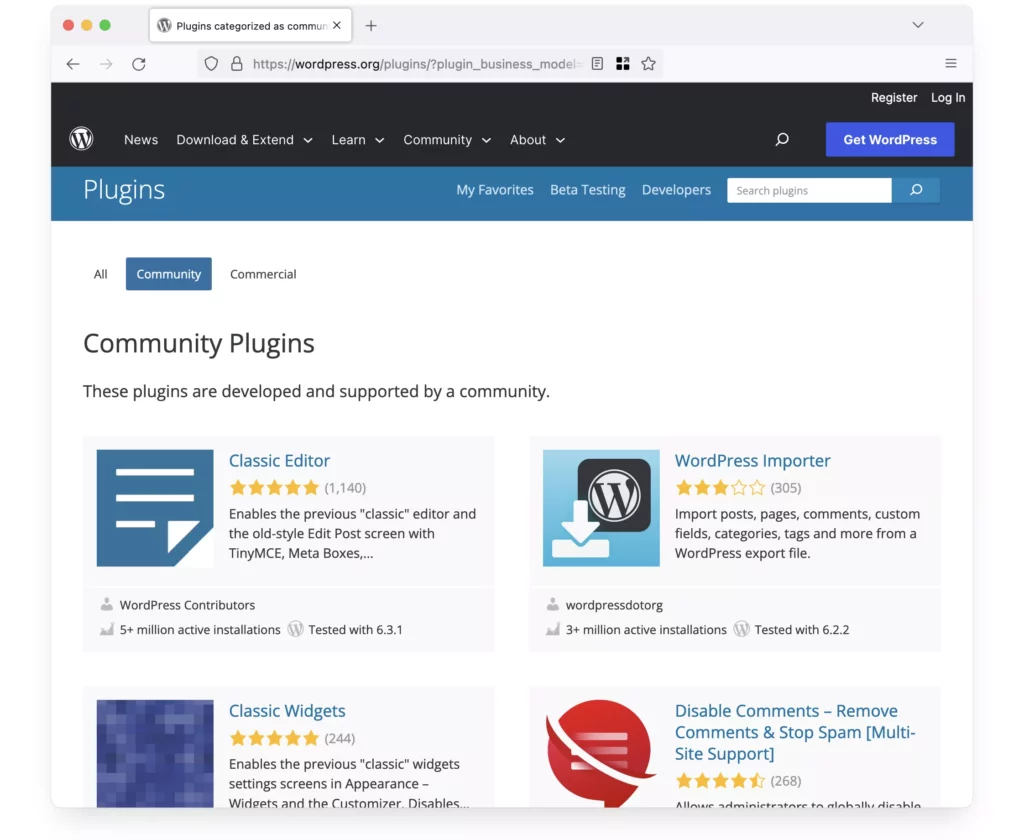

While installing WordPress plugins is a super simple task, finding the right balance between what you really need and what starts slowing down your site will be rather complicated.
There is a delicate balance between adding functionality and hurting performance. Each plugin you install has a certain impact on your resources. Finding a way to ensure you don’t sacrifice loading times for features nobody uses will take some learning, but we are here to give you some pointers.
The best WordPress plugins for your health blog are those that add irreplaceable value to your site without having a significant impact on your resources. For example, ensuring that your site is a secure destination by installing a security plugin is very important, and the resources used by the plugin are a small price to pay for what you get in return.
When it comes to SEO plugins, things are quite similar. Having an SEO-compliant website will have a huge impact on its traffic and, therefore, on your actual, measurable success as a health blogger.
8. Plan and Create Captivating Posts
Of course, it won’t matter how good your site looks or performs if your blog content does not bring value to readers. Creating exciting and engaging content for your readers will require a good strategy and well-designed blog posts at the right time.
For example, you should always consider how the time of year generally influences the health of the general public. Since we’re talking about a health blog now, let’s take as an example how much of an impact a blog post about flu vaccination will have in the middle of the summer.
You should educate your target audience and provide information based on what they actually need and are interested in. Blog posts about the effects of overeating during Thanksgiving dinner on the human body will be well-received in the weeks before the holiday. They will have almost zero value at any other time of the year.
Thinking ahead and smartly developing your strategy will significantly impact how engaged your audience will be with your content.
9. Promote and Expand Your Health Blog
Having a good marketing strategy for your health-related blog is also very important. If you have no visitors to your site, it won’t matter how good your content is.
As a beginner, you have several ways to promote your blog. One strategy, and one of the most effective in the long run, is SEO. Creating your site and your health content according to all the SEO guidelines and best practices will pay off, but results will come slowly.
Making your way through the rankings will take time and require some investments in content and link building, especially when you consider what giants you have to battle in the health niche.
Another strategy involves being active on forums like Reddit, Quora, or other health-dedicated forums from your niche and replying to questions posted by other users with links to your website. This will also bring some results, but it will take time to get right.
Social media is the easiest way to promote your new health blog, especially as a beginner with limited financial resources. This powerful tool can bring huge results in the hands of the right marketers.
To take full advantage of what social media can do for your health blog, we recommend using the Social Media Icons Widget plugin and the Instagram Widget plugin. These plugins make sharing your content on social media platforms easy and help your readers make your ideas popular in the right circles.
10. Make Money With Your Health Blog
Making money is difficult for most health bloggers who start on this journey. The competition is fierce, and the amount of work and dedication required is high.
Nevertheless, some people make it, and whether you are one of them depends on a series of varied factors ranging from how cleverly you choose your niche to how well you get to monetize your traffic. Here are some of the most relevant monetization strategies for blogs that can also work well for health blogs.
- Display Ads. Getting paid for your traffic is the most straightforward way to make money on your WordPress blog. Platforms like Google AdSense allow you to post ads on every page of your website, and you get paid for every visitor who sees these ads.
The problem here is that making real money through this strategy will require you to have huge amounts of traffic on your site. As a beginner, you are unlikely to be able to make enough through ads to afford to dedicate your full time to this project.
- Affiliate Marketing is a more targeted strategy that will positively impact your financial situation if you do it right. Affiliate marketing works by paying you a commission every time someone purchases a product or service through your affiliate link.
For example, write about supplements on your health blog and recommend certain products. You can use affiliate marketing to make money whenever somebody purchases these products from your links.
Affiliate marketing is a more targeted approach that gives you more control over the products or services you promote. It can also be done through other channels and isn’t completely dependent on your website. You can easily share your thoughts about certain products on social media platforms and share your affiliate link with those who want to purchase them.
- Sponsored Content. This monetization technique works similarly to display ads but takes the process in a different direction. You choose what businesses you want to work with and promote, decide how much you want to get paid for promoting them, and set the rules. Again, sponsored content isn’t completely dependent on your site; it can be done on social media platforms.
- Digital Products. Whether it’s an e-book, a digital list of supplements you recommend people to take, or step-by-step instructions on how to lose weight or become more healthy, digital products are a thing, and they can bring you some good revenue if your audience trusts your opinion.
Bottom Line
Learning how to start a health blog is a tiny part of the story. You will need to put a lot more work into it to become successful than simply getting it started. To help you with the next steps, we prepared some additional articles you should read if you want to have a successful health blog.
- WordPress SEO. Getting your site off the ground with the right SEO guidelines in mind is a solid plan for the future. Learn how to optimize your WordPress site for search engines and what plugins you should use for maximum efficiency.
- WordPress Speed Optimization. Speed is important. You want your website to be a destination visitors will want to return to. Find out how to make your site a top performer.
- WordPress Security. Keeping your content and visitors secure from cyber attacks will be a big part of your journey. Learn from our experts what you should pay extra attention to and what tools can make your life easier.

